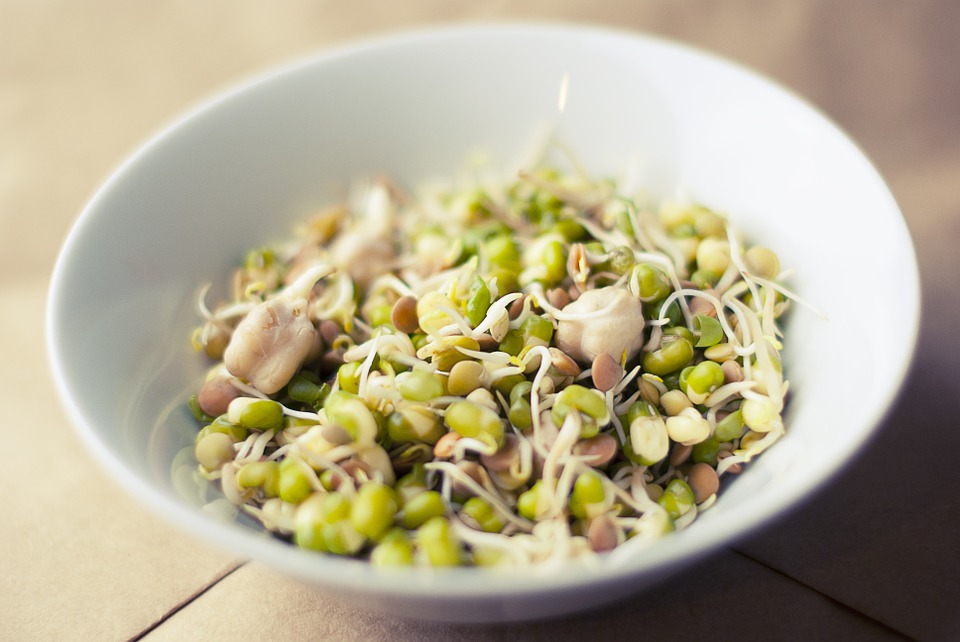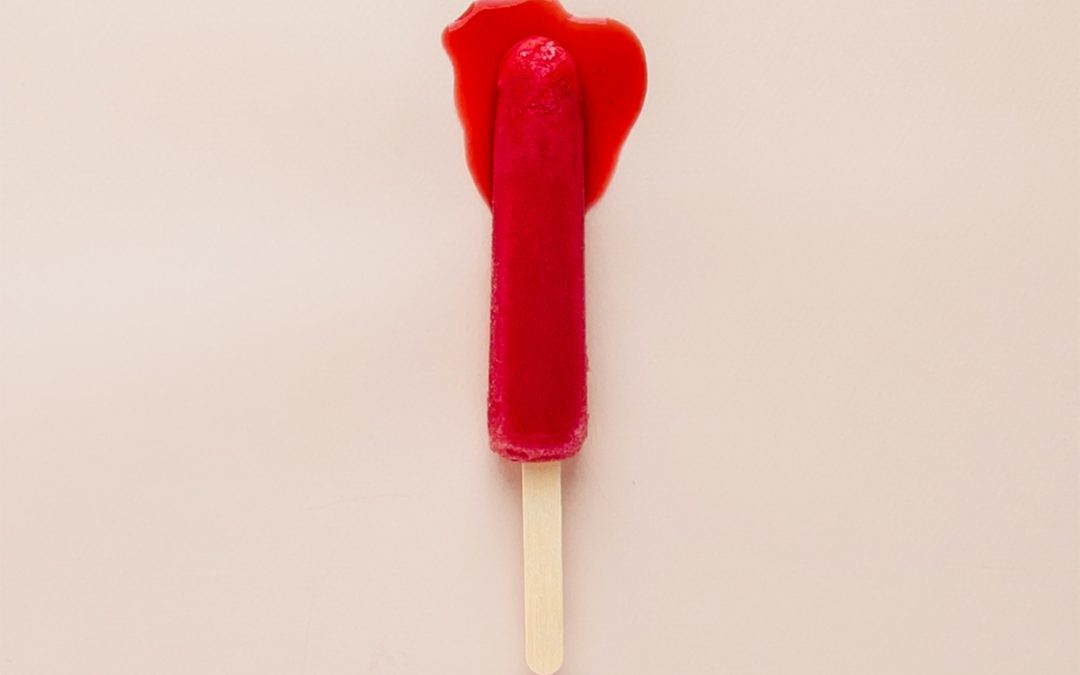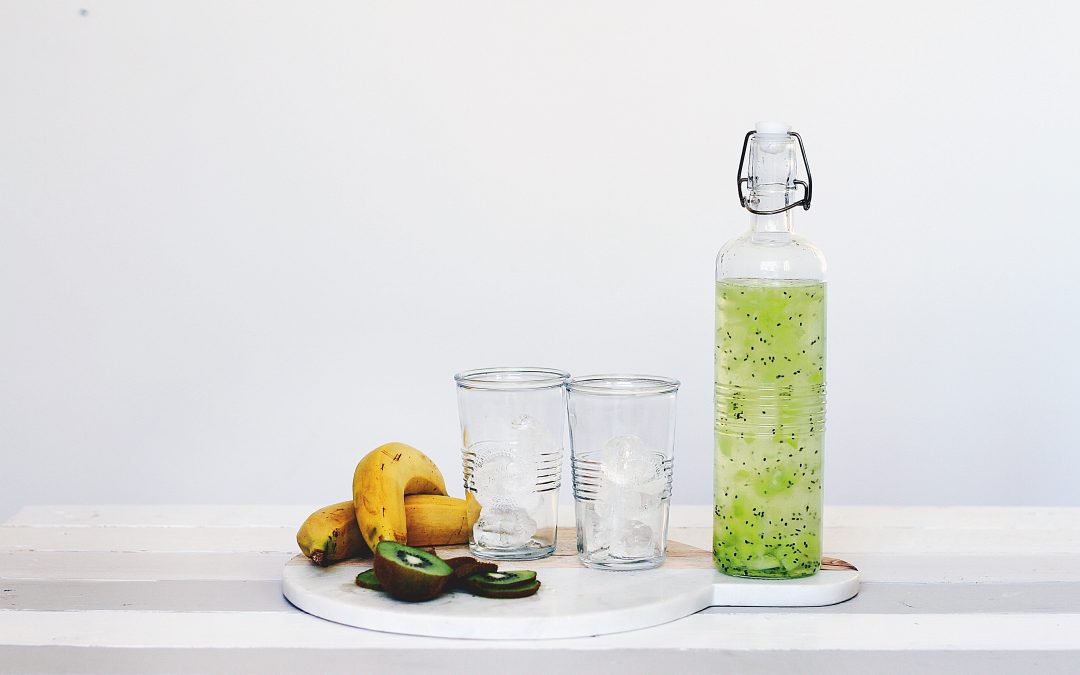
Juice & Detox Diets – All You Need To Know
Juice & Detox Diets – All You Need To Know
When trying to lose weight, it may feel like an easier option to go for the quick fix of a juice detox diet for a few days.
Whilst they aren’t particularly enjoyable, there may be some pros.
1) You get to take time off work and do nothing, because the headaches, fatigue, irritability, and potentially messed up stools mean you will not be wanting to leave home!
2) You drink less alcohol, caffeine, and more water! You also probably eat more fruits and vegetables than normal.
That’s about it!
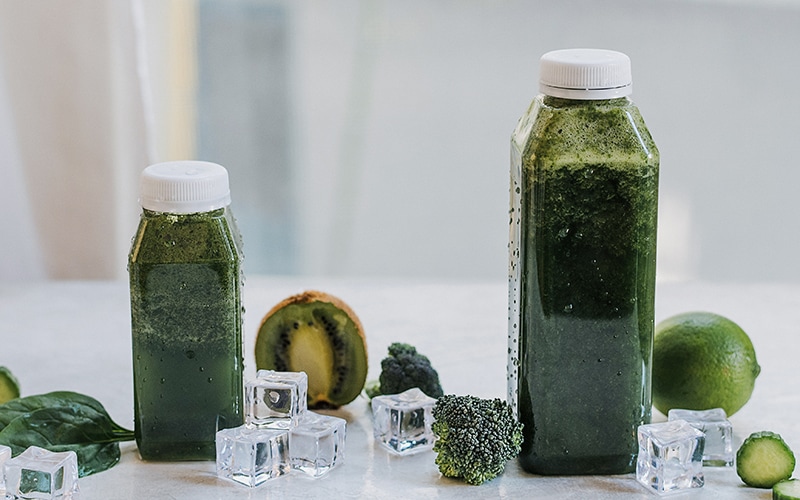
The reality of how the Detox Diet cycle goes:
1) You feel bad about your body/self
This feeling can occur when you’ve overindulged over a holiday period (e.g. bank holiday, family holiday, Christmas, birthday, easter), OR, you have an event coming up like a wedding, holiday, party, or just summer in general and want to feel better.
2) You decide to go on a detox diet as you believe this will make you feel good
It’s also quick, easy to follow, and way more exciting than “everything in moderation” that you may hear from a registered dietitian or healthcare professional.
You sift the internet or speak to friends/colleagues about what juices/cleanses may have worked for them. In fact, 20% of young people head to YouTube for nutrition advice these days, and apparently, if it’s backed up by a health blogger, then that’s all the evidence needed – sigh! You then buy overpriced supplements or juice cleanse packs that are not backed up by science.
Examples of the fads…
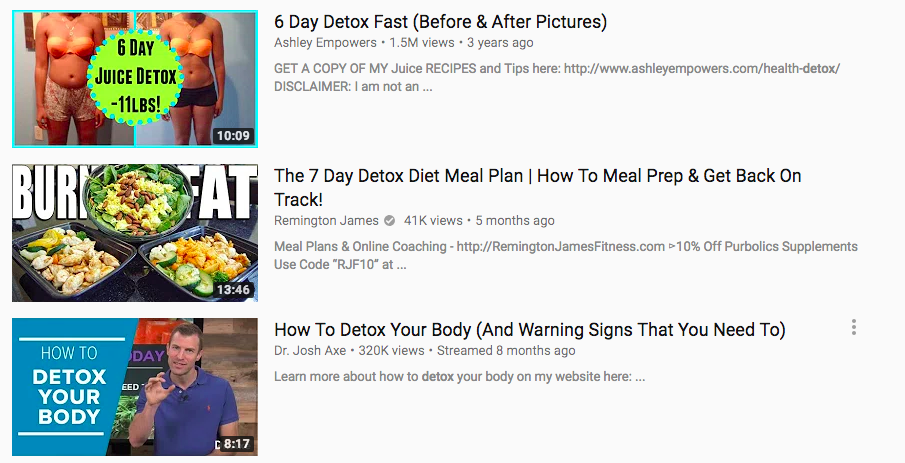
3) Restrict and deprive yourself for a period of time
This could be 5 days, 10 days or more… it depends on which detox plan you get your hands on. It’s not expected you will be productive, be able to concentrate or be a nice person during this period! You will spend much of your time irritable, with headaches, or asleep!
4) Break the diet, or emerge from your cleanse, overeat or eat anything but is in the boundaries set in your diet
You emerge from your hibernation from food, with a little less fluid and muscle mass than you did at the start. You learn that chewing food actually feels quite good, it’s sociable, tasty, and gives you the energy and nourishment you need to be your best!
5) Feel guilty/ashamed/distressed about this whole cycle, which may feed back into point number 2…and the cycle continues.
Once you’ve broken the cleanse or diet, you feel a failure… not ever considering that the diet actually failed you!! You may then start the cycle again at point 2, or if you have done this enough times, you reach out for some proper advice. Something realistic, tailored, and sustainable!
If you are fed up with battling with your weight, or binge eating, emotional eating, stress eating, yo-yo dieting, check out my FREE download. This will guide you through some of the first steps of intuitive eating to help resolve your food problems.
This article is not intended to provide individual advice, and it’s important that you seek support from a qualified professional.
Useful links:

